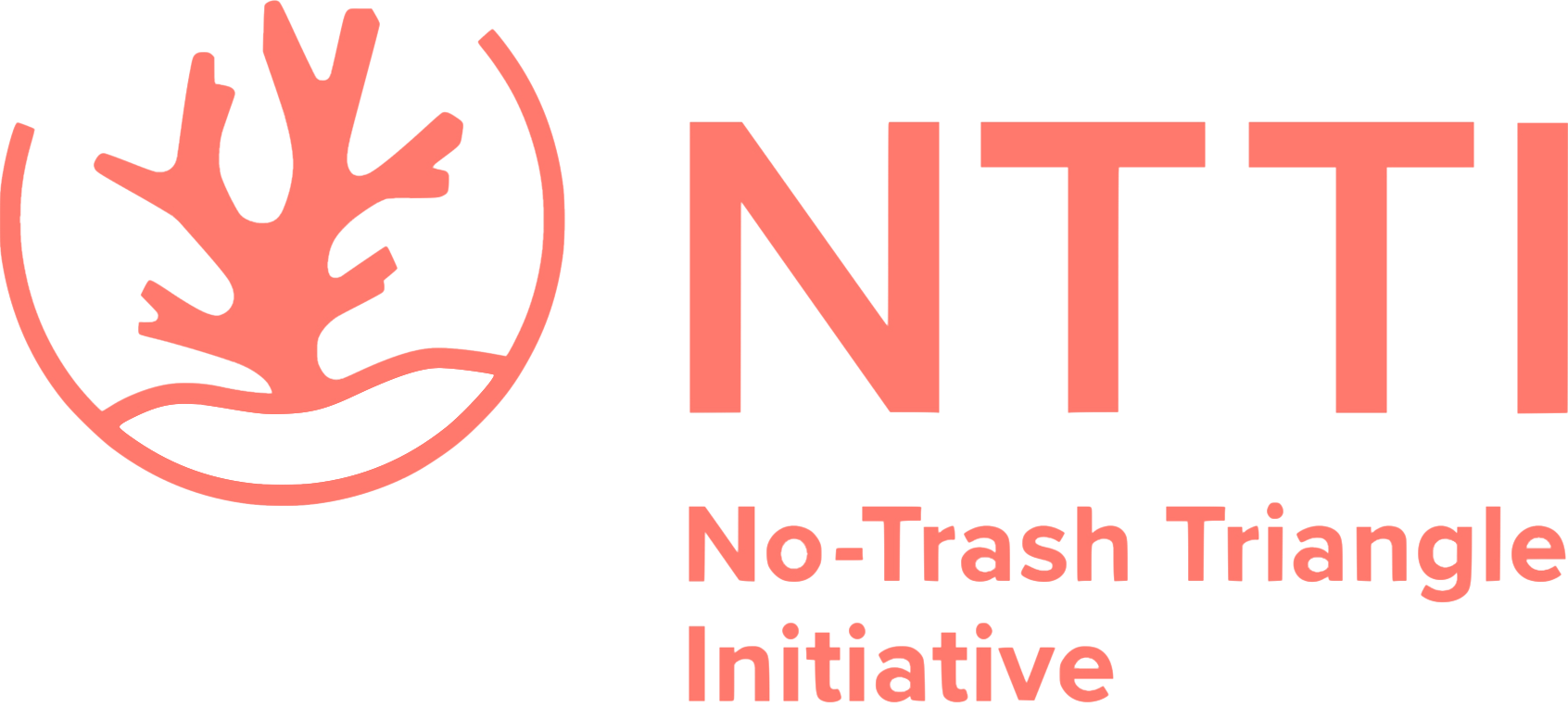Our pocket sized laboratory from trinamiX
What do you get when you cross a multi-national chemical company and a grass roots plastic pollution initiative? Cutting edge tech on a remote Indonesian island, that’s what.
We are working with trinamiX to bring their Mobile NIR Spectroscopy Solution to our sorting stations to help us further reduce the proportion of collected waste we send to landfill.
trinamiX are a wholly owned subsidiary of BASF, a chemical company which was founded in 1865 and is head quartered in Ludwigshafen, Germany. BASF manufactures a huge range of chemical products and supplies raw materials to most industries, including agriculture, automotive, chemicals, construction, energy and pharmaceuticals.
Back in 2011, a team of BASF scientists were studying photovoltaic solar cells and discovered unusual cellular behaviour which gave rise to the idea that distances could be “measured” from specific beam profiles. The team then developed the world’s first 3D camera based on this new measuring concept. The technology was patented in 2015 as trinamiX was founded. With the agility of a start up and secure financial backing by BASF, the subsidiary’s product range quickly grew and now includes infrared sensing and face detection products as well as the Mobile NIR Spectroscopy Solution we’ve been lucky enough to use in our waste collection and sorting centres.
Spectroscopy is a well established method which has long been used in lab conditions. trinamiX have created an affordable and accessible application of this technology which uses patented infrared detectors that can see light in a wavelength range of up to 3 μm. By introducing this technology into our process, we are essentially bringing a mini lab to our plastic sorting station! Using trinamiX’s handheld device and a mobile application, we are able to identify different types of plastic with a high degree of accuracy. By holding a plastic sample up to the spectrometer, the device can identify the molecular structure of the material in a matter of seconds, allowing us to properly classify the plastic type, i.e. whether it’s PET, HDPE…
Accurate sorting is vital to our supply chain as we send bales of specific plastic types to be recycled. Having a tool such as trinamiX’s Mobile NIR Spectroscopy reduces the ambiguity and uncertainty which can exist when dealing with smaller bits of broken or worn down plastic. Ultimately, this partnership between the No Trash Triangle and trinamiX means that we no longer have to consign unlabelled plastic remnants to landfill, further protecting our oceans and environment from plastic pollution.
Support for waste management initiatives
trinamiX have recently launched a programme to support other plastic pollution initiatives with a free starter kit! This kit includes trinamiX’s Mobile NIR Spectroscopy Solution, a smartphone, data analysis in the trinamiX spectroscopy cloud, real-time access to results via mobile app and the documentation of results in their customer portal. trinamiX want to work with a range of organisations from around the globe to build out their understanding of how their tool can contribute to plastic waste management whilst identifying best practices. Find out more here.


